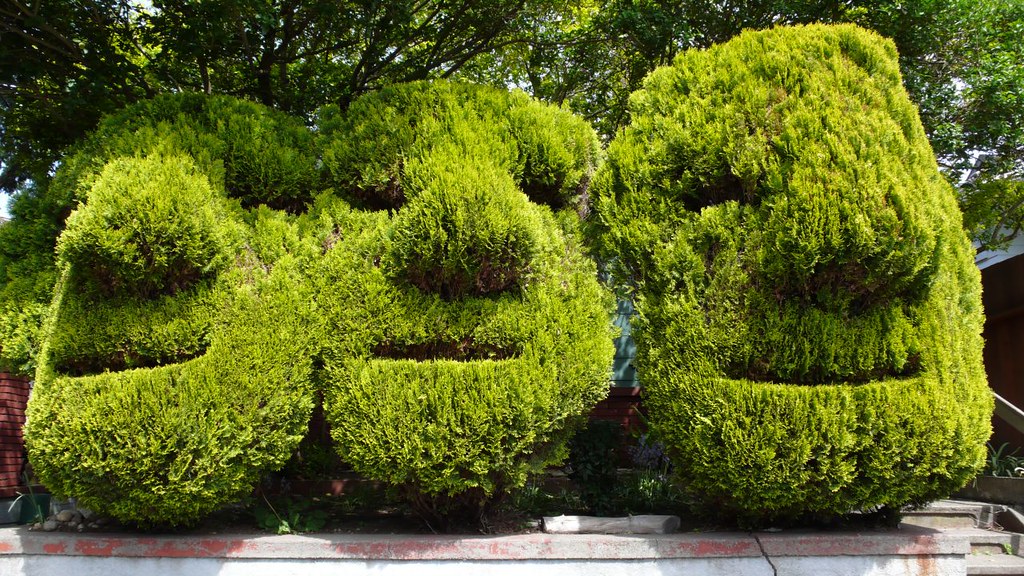Cory Doctorow deserves so much appreciation for his strong public stance and emphatic voice declaring the meaning of the commons. And wow did I enjoy reading his connection/influence on the origin of flickr, well worth the full read of his post.
I am also struck by how little this loophole is known in the early versions of the CC licenses- that by not complying full with attribution requirements placed on an image posted by a Copyleft Troll, it was immediately nullified.
I did not know that flickr had distanced itself from pixsy, noting that that “service” and also the 2019 era announcements were all wrapped in “protecting from image theft” not about providing a means to snare:
a powerful corporation that devotes its considerable energy to tormenting people who used Creative Commons licenses as they were intended to be used
I have to admit I use pixsy, but since all my flickr photos are shared under CC0 I never can nor had in interest to pursue reuse as a threat; I merely like looking every now and then to see where my photos are reused.
There is an odd taste when I see my public domain images have been uploaded to Alamy where they are for sale. Caveat Emptor to someone who looks to a commercial service to get what is available in the public domain.
But my weird perspective aside, this again is a reason to be advising and coaching OER developers to be diligent with attribution, not only to avoid the trolls, but more so, because it’s the right thing to do. And more of an emphasis to encourage Openverse for use in finding and reusing images (and audio) because it provides content only licensed Creative Commons and a one click copy/paste for a full developed attribution.
Know about, find, and avoid the trolls and know how to deal with them.

“Trolls” by tsparks is licensed under CC BY-NC-ND 2.0. (I found these in an Openverse search)